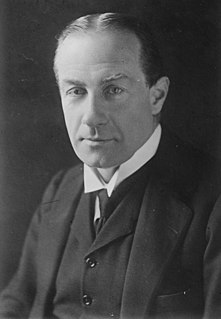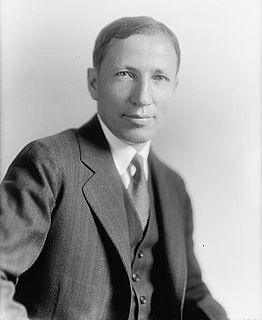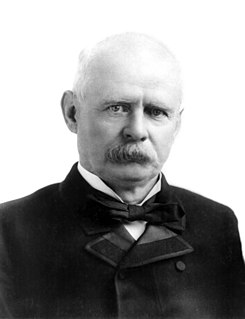A Quote by John Dalberg-Acton
Machiavelli's teaching would hardly have stood the test of Parliamentary government, for public discussion demands at least the profession of good faith.
Related Quotes
You cannot choose between party government and Parliamentary government. I say, you can have no Parliamentary government if you have no party government; and, therefore, when gentlemen denounce party government, they strike at the scheme of government which, in my opinion, has made this country great, and which I hope will keep it great.
I am relieved that, in my own teaching, I don't have to moderate between high stake teaching and education for the virtues. If I did, I would give students the tools to take the tests but not spend an inordinate amount of time on test prep nor on 'teaching to the test.' If the students, or their parents, want drill in testing, they'd have to go elsewhere. As a professional, my most important obligation is to teach the topic, skills, and methods in ways that I feel are intellectually legitimate.
In talking about human rights today, we are referring primarily to the following demands: protection of the individual against arbitrary infringement by other individuals or by the government; the right to work and to adequate earnings from work; freedom of discussion and teaching; adequate participation of the individual in the formation of his government. These human rights are nowadays recognised theoretically, although, by abundant use of formalistic, legal manoeuvres, they are being violated to a much greater extent than even a generation ago.
I do believe that nice religious people make the world safe for extremists by teaching us [...] that faith is a virtue, teaching us that there's something good about holding beliefs without any substantiating evidence. Once you buy into that, [...] then the door is opened to extremists who defend their extremism by saying, 'Oh well, it's my faith, you can't touch it, you can't criticise my faith, I don't even need to defend it because faith is faith.'
The world is full of people who have lost faith: politicians who have lost faith in politics, social workers who have lost faith in social work, schoolteachers who have lost faith in teaching and, for all I know, policemen who have lost faith in policing and poets who have lost faith in poetry. It's a condition of faith that it gets lost from time to time, or at least mislaid.
The oil industry is hardly free to operate as efficiently as it could or to be as responsive to consumer demands as it would like. It has become, in essence, a quasi-state-run enterprise, because it cannot drill, transport, refine, and store fuel without receiving government permission, complying with government regulations, and paying taxes at every level or production.
Personally, I do not see in Canada it would be a feasible thing if any Ministry organized taking over both the Health and the Disease of the entire community... even in the most favourable circumstances... there would be that absence of competition and that sense of independence... I do not believe it would be good for the profession or good for the Public.
Thanks in large measure to the ACLU, the belief that there is a wall of separation between faith and state, not just church and state, is endemic. The exercise of religious faith in the public square is not prohibited; only the federal imposition of a particular faith. Hardly anyone any longer knows the difference.







































